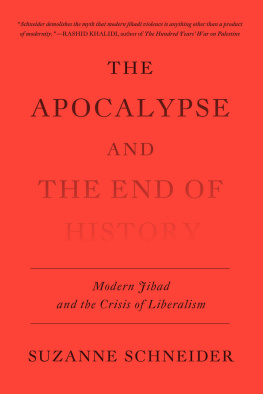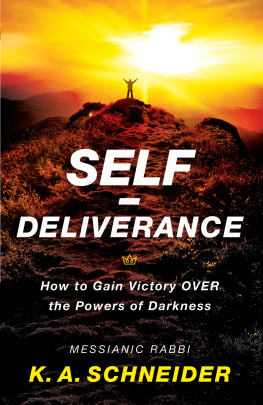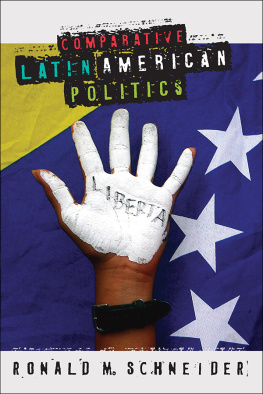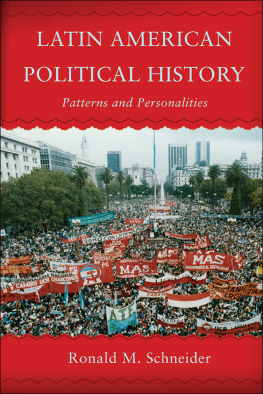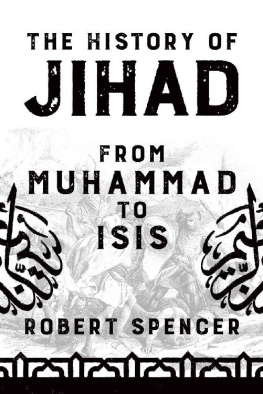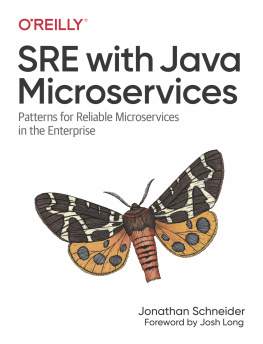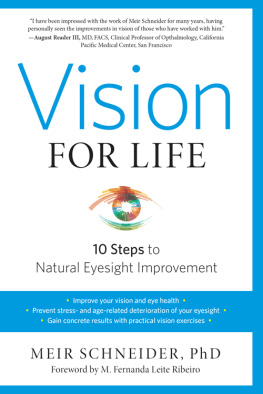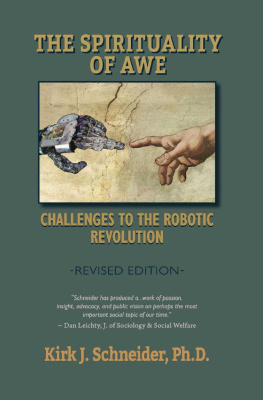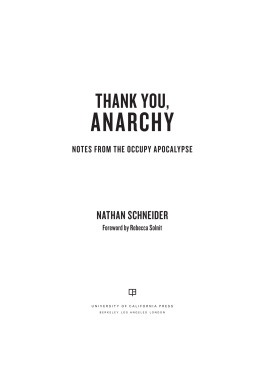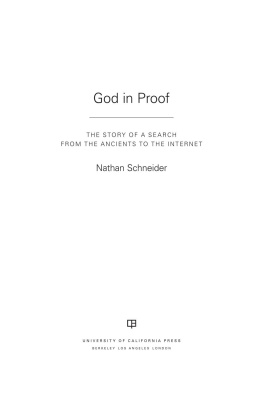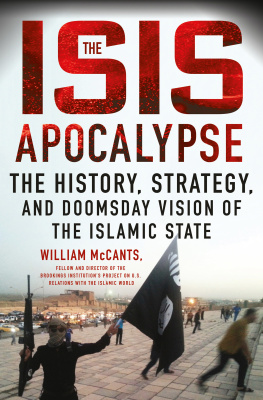Contents

The Apocalypse and
the End of History
The Apocalypse
and the End
of History
Modern Jihad and the
Crisis of Liberalism
Suzanne Schneider

First published by Verso 2021
Suzanne Schneider 2021
All rights reserved
The moral rights of the author have been asserted
1 3 5 7 9 10 8 6 4 2
Verso
UK: 6 Meard Street, London W1F 0EG
US: 20 Jay Street, Suite 1010, Brooklyn, NY 11201
versobooks.com
Verso is the imprint of New Left Books
ISBN-13: 978-1-83976-241-3
ISBN-13: 978-1-83976-244-4 (US EBK)
ISBN-13: 978-1-83976-243-7 (UK EBK)
British Library Cataloguing in Publication Data
A catalogue record for this book is available from the British Library
Library of Congress Cataloging-in-Publication Data
Names: Schneider, Suzanne, 1983author.
Title: The apocalypse and the end of history: modern jihad and the crisis of liberalism / Suzanne Schneider.
Description: First edition hardback. | London; New York: Verso, 2021. | Includes bibliographical references and index. | Summary: Historian Suzanne Schneider examines the politics and ideology of the Islamic State (better known as ISIS). Schneider argues that todays jihad is not the residue from a less enlightened time, nor does it have much in common with its classical or medieval form, but it does bear a striking resemblance to the reactionary political formations and acts of spectacular violence that are upending life in Western democraciesProvided by publisher.
Identifiers: LCCN 2021020086 (print) | LCCN 2021020087 (ebook) | ISBN 9781839762413 (hardback) | ISBN 9781839762444 (ebk)
Subjects: LCSH: Liberalism. | Jihad. | IS (Organization) | Islamic fundamentalism.
Classification: LCC JC574 .S356 2021 (print) | LCC JC574 (ebook) | DDC 320.55/7dc23
LC record available at https://lccn.loc.gov/2021020086
LC ebook record available at https://lccn.loc.gov/2021020087
Typeset in Fournier by MJ & N Gavan, Truro, Cornwall
Printed in the UK by CPI Mackays
For David,
Could there be, Echo wondered, laughing silently, unheeded tears still falling, each with a little sun or moon or planet at its epicenter, could there be echoes that rang out before their noises, echoes more vibrant than their originals, echoes of the future here on earth?
Rebecca Ariel Porte, On Earthly Delights
Contents
Though writing is a solitary project, it cannot be completed without the aid, support, and suggestions of others. It is my great pleasure to recognize their contributions, in varied forms, to the book before you.
This work was long in processin articles, partial drafts, seminar classrooms, and conversations with friendsprior to rapidly meeting the page during the wee morning hours of the Covid-19 lockdown. I first began researching the Islamic State in 2014 while a Visiting Scholar at the Center for Religion and Media at New York University, and I was able to develop my early ideas through a number of articles published by the centers magazine, The Revealer. I am thankful to Kali Handelman and Angela Zito for affording me this opportunity. Students in my Brooklyn Institute for Social Research seminar, On Religious Violence, helped hone many of the theoretical and methodological standpoints I have adopted, and I thank them for their insights. I was also fortunate to receive feedback at the early stages of this project from Robin Varghese and the late David Landes, a dear friend and mentor, to whom this book is dedicated. Conrad Fischer has been a champion of this project from the beginning, and I cant thank him enough for his support.
Many of my colleagues at the Brooklyn Institute have provided critical feedback as the work progressed, particularly Mark DeLucas, Rebecca Ariel Porte, Abby Kluchin, Patrick Blanchfield, and last but certainly not least, Ajay Singh Chaudhary, from whom I continue to learn so much. I further benefited from discussions along the way with Wael Hallaq, Suleiman Mourad, Ahmed Dailami, and Martyn Frampton. Particular thanks is due to Tareq Mahmud, Richard Bulliet, and Faisal Devji, who generously read and offered valuable feedback on the manuscript. I was lucky to work with three great research assistants over the years, Sam Osterfeld, Huzaifa Taquee, and Arooj Alam, and wish to recognize their contributions. Finally, it has been an absolute pleasure to work with Jessie Kindig from Verso Books, who has deftly shepherded the project from proposal to final form. Each of these individuals has given greatly to the book; what it lacks is due to my limitations alone.
A whole cadre of friends has patiently listened to my ramblings and offered insights and encouragement in equal parts. To Elizabeth Marcus, Daniel Lee, Samantha Hill, Emily Wenner, Tamar Huberman, Tanya Everett, Eliana Meirowitz-Nelson, and the esteemed members of the Park Slope Crew and 79.6 millimeters (especially Abby Deift, Rebecca Miller, and Joanna Kabat), all my love. Thank you for sustaining me. Nicola Robinson, my right-hand woman in all things, has allowed me to do this work by loving our children dearly in my absence. I cannot thank her enough for her help and companionship over the years. Yaron and Lisa Reich have supported me in ways too numerous to list, and I owe them a great deal of thanks for their years of kindness. My parents, Joel and Mary Sue Schneider, whose love is truly unconditional, were particularly vital to helping me complete this manuscript with twins in Zoom school and a toddler running amok. And finally, Yono Reich deserves all the love and gratitude I can express and then some. He believed in this project even when I did not and facilitated it at every point. He is my anchor in a world that sometimes spins too fast. To Sophia and Charlotte, thank you for your patience with me, your help with your baby sister, and your loving if misguided belief that I can do all things. Madeline, please dont rip the pages out of this book. Mommy worked hard on it.
On November 14, 1914, the chief jurist of the Ottoman Empire issued a fatwa declaring jihad on the empires enemies. The empire had recently, if reluctantly, been pulled into the Great War on the side of the Central Powers and suddenly found itself at war with Britain and France in addition to its historic rival, Russia. On the one hand this jihad was a largely traditional affair: declared during wartime by a recognized religious authority within the state administration, and in consultation with the Sultan-Caliph. The declaration was also right at home among propaganda efforts by other combatants, many of whom cast the struggle as a battle for God and country. On the other, the circumstances surrounding the Ottoman declaration were quite unusual. This was a holy war fought in alliance with major Christian powers. It was, moreover, a jihad made in Germany, in the words of one contemporary observer.hoped that a declaration of jihad from the Sultan-Caliph would stir the masses to revolt. In this regard the scheme was an utter failure, having no measurable impact beyond the empires boundaries. But it remains illustrative of the exotic quality Western observers have tended to ascribe to jihadenvisioning holy war as something apart from the quotidian mass slaughter taking place all around them.
During the closing years of the twentieth century, a wealthy Saudi man named Osama bin Laden declared a different type of jihad in his 1996 fatwa, Declaration of Jihad Against the Americans Occupying the land of the Two Holiest Sites [Mecca and Medina]. In contrast to the Ottoman Empire, al-Qaeda was not a state, had no organized army or administration to speak of, and no citizens to draft. The organizations structure more closely resembled an NGO or corporate entity, and it spoke in distinctly moralizing terms rather than those of realpolitik. Bin Ladens jihad was not declared in the midst of a major war, but during what was supposed to be peacetime. Whereas the Ottoman jihad remained steeped in traditional forms of religious and political authorityof the Sultan-Caliph and the empires chief juristbin Laden, who studied civil engineering and business administration, was neither a ruler nor a religious scholar. Still, his networked organization managed to inflict serious harm to US targets overseas, like the 1998 embassy bombings in Nairobi and Dar es Salaam, before bringing the war home in the attacks of September 11, 2001.

